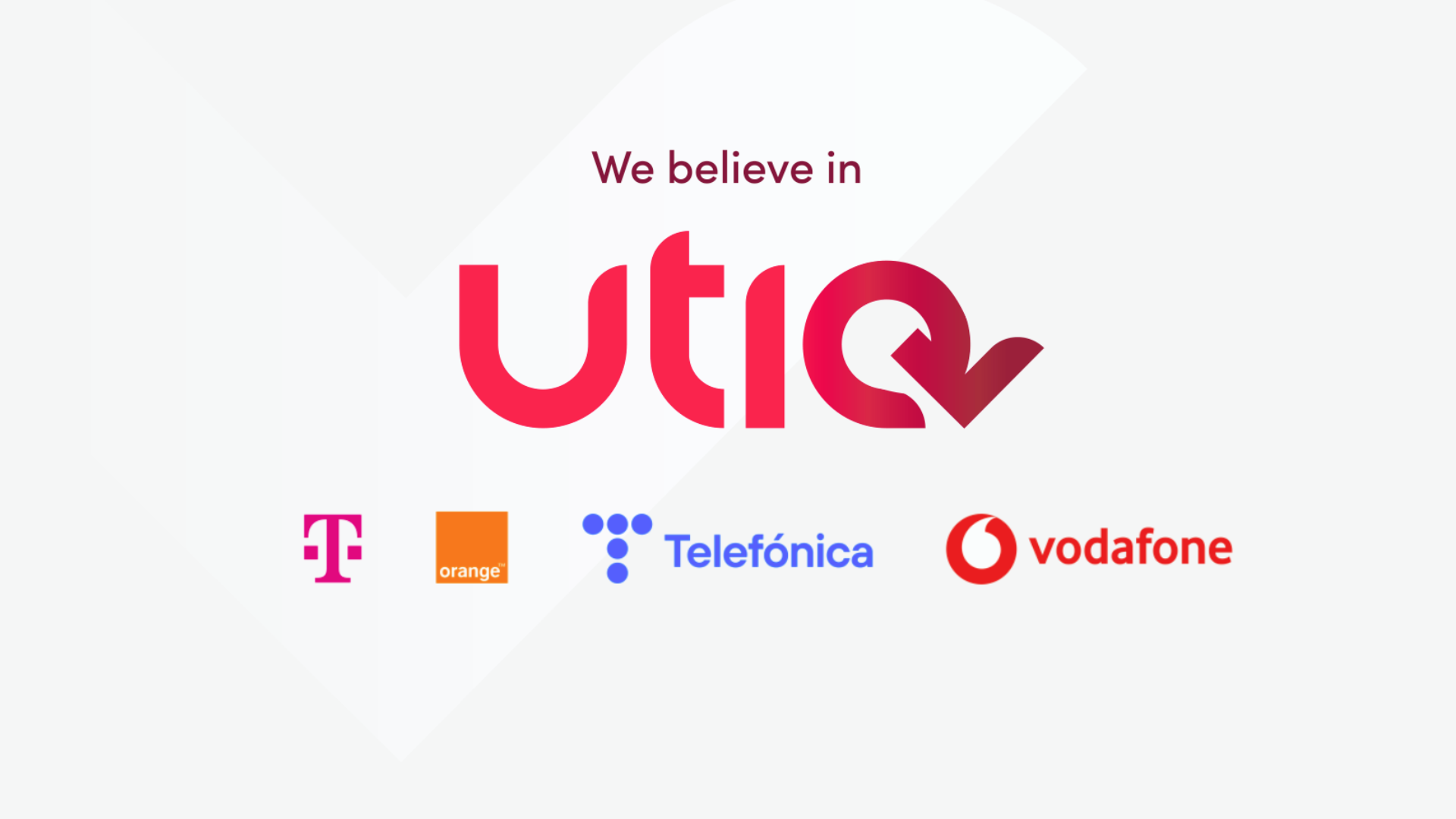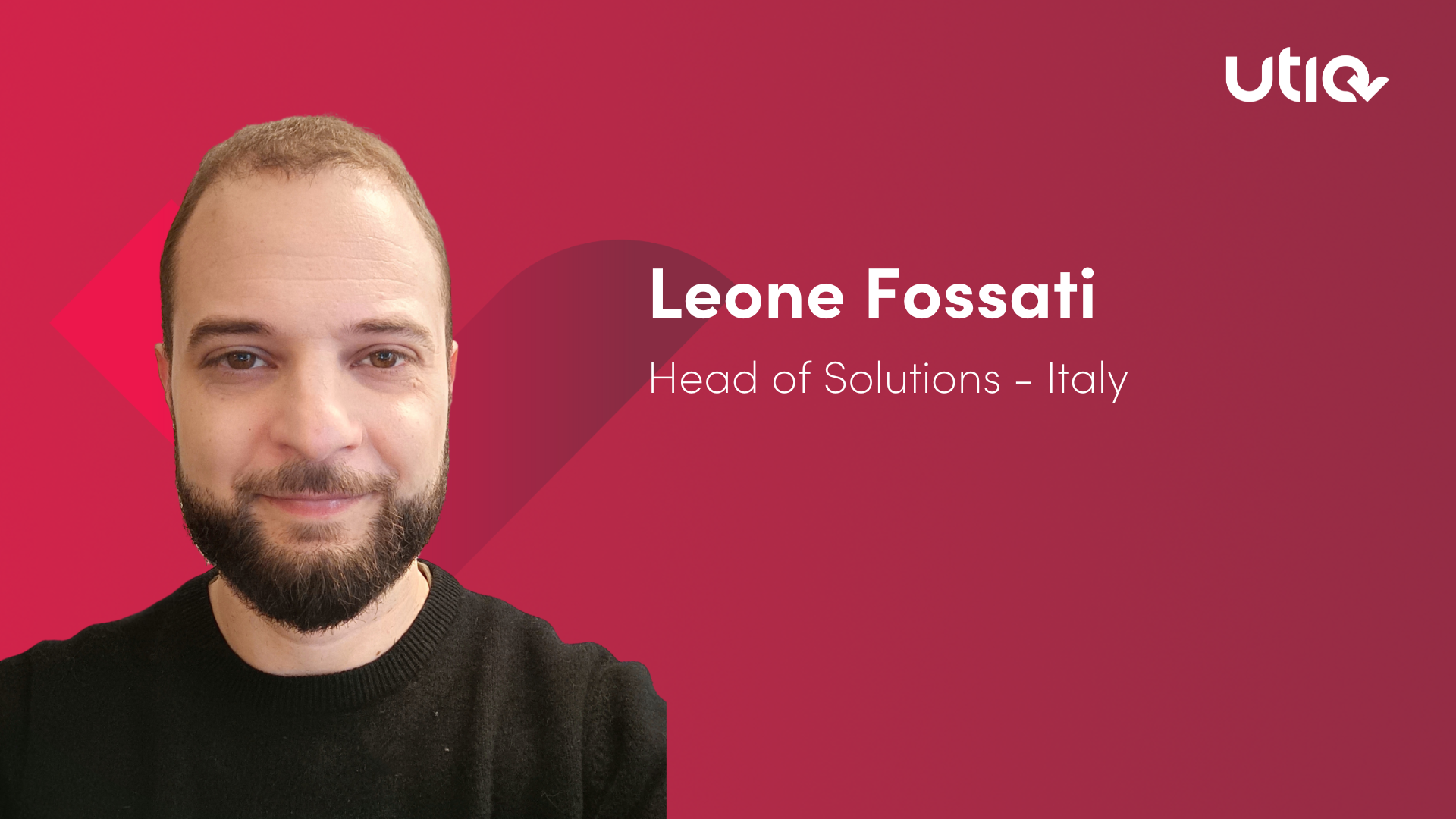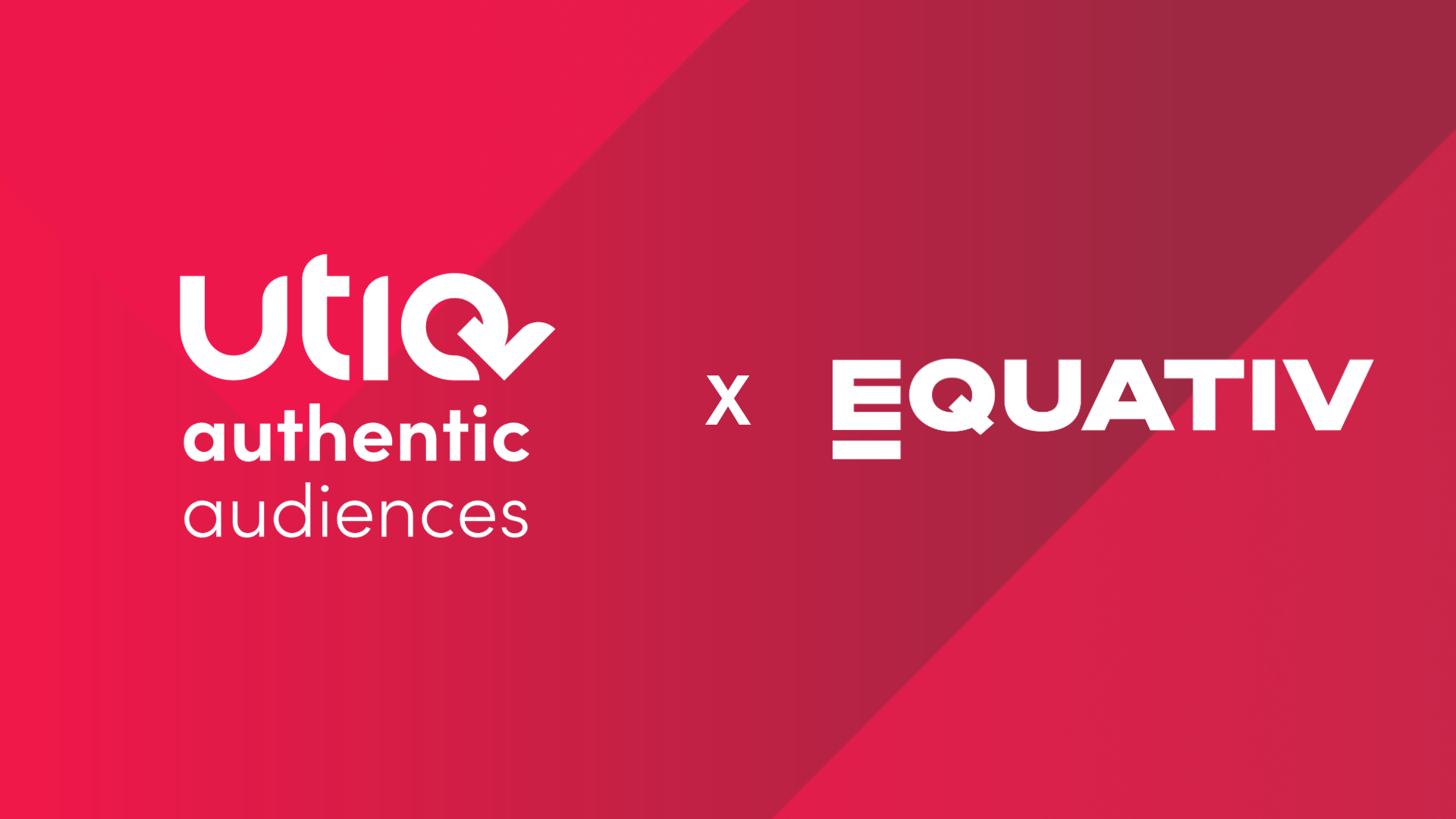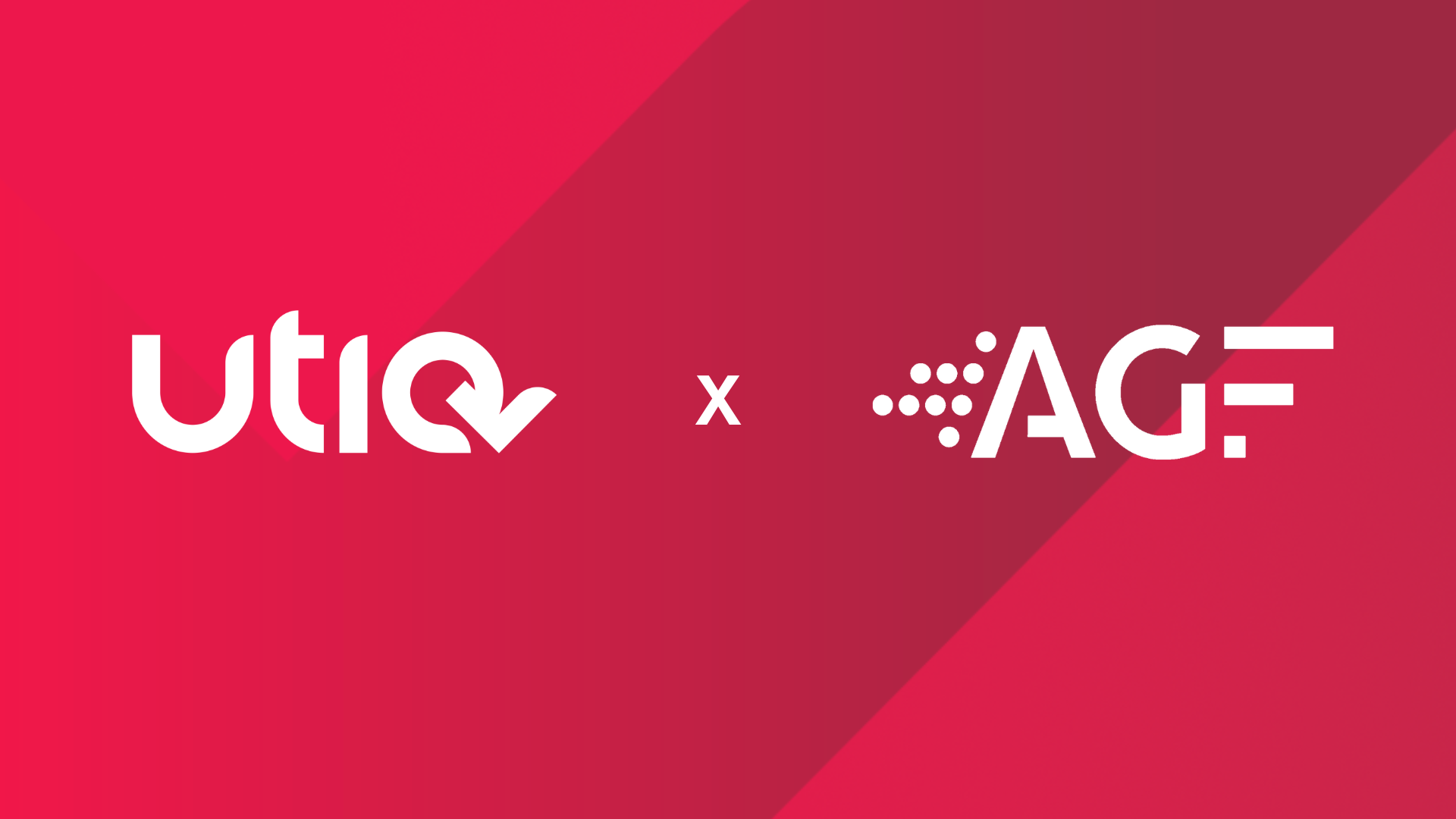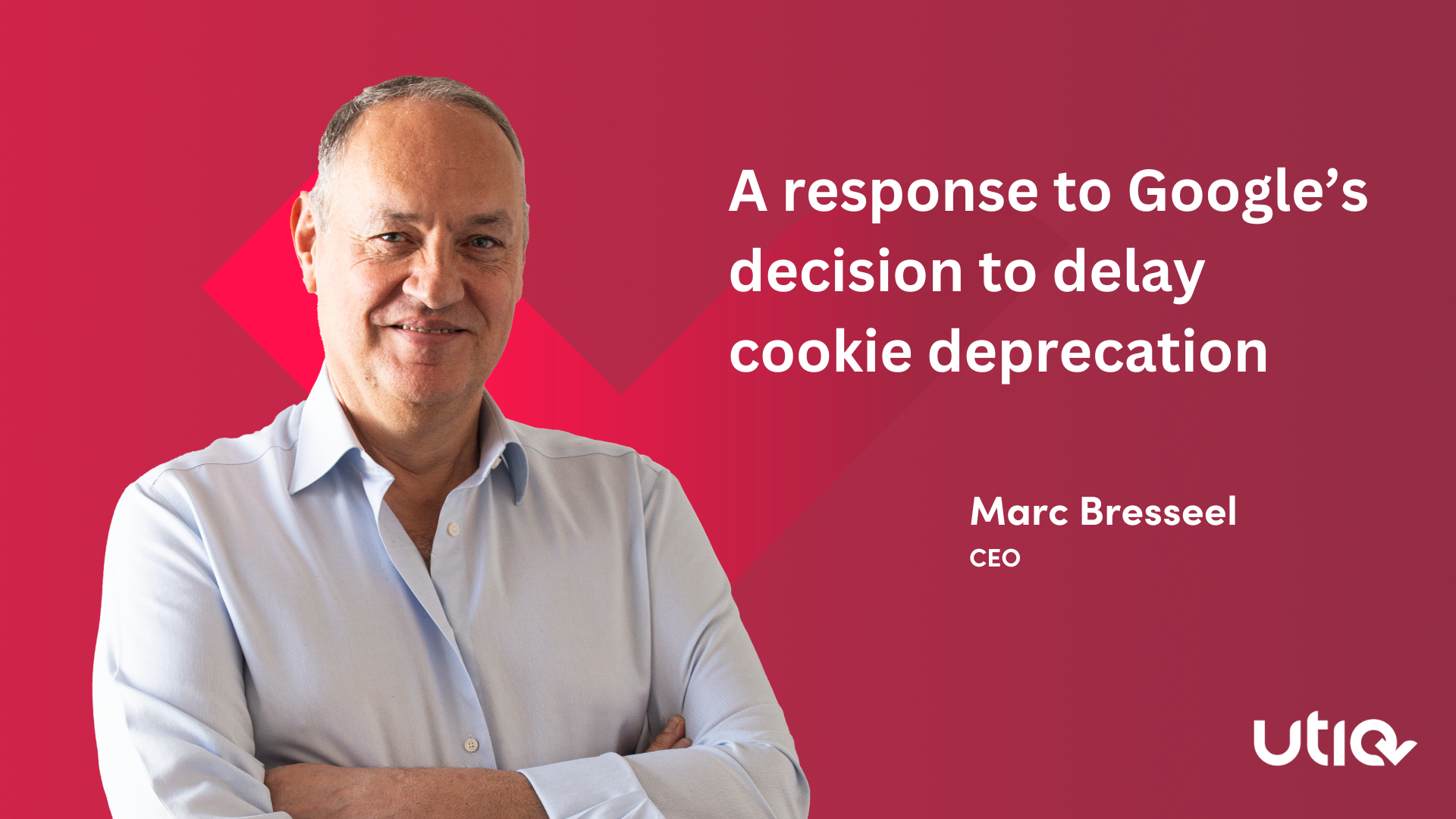THE UTIQ MANIFESTO: PRINCIPLE #3

Enabling a trusted and responsible digital world for everyone
Creating a new reality means collaboration between people, publishers, brands, and regulators. It’s developing new technologies and business models that prioritise user privacy and data protection. It’s about educating users on their rights and responsibilities, empowering them to take back control over their privacy choices.
Our beliefs are clear. They guide our behaviours, business decisions, service development, and the actions of our people, and we hope they can act as agents of change across the industry.
You can watch our manifesto film here
This is the third in a series of posts that delve a little deeper on the principles that underpin Utiq’s purpose.
Principle #3: Our Digital World Should Be Sustainable
Digital advertising is a powerful form of communication that reaches millions of people every day. It enables businesses to promote their products and services, driving awareness, preference, and engagement across target markets. It works.
However, it is less known that digital advertising also carries a significant environmental impact with it, as it consumes a large amount of energy and resources, generates a significant amount of data and waste, and contributes to greenhouse gas emissions and climate change.
Sometimes referred to as “the hidden cost of digital advertising”, it’s estimated that a typical online ad campaign emits 5.4 tonnes of carbon dioxide – almost half of what an average UK consumer produces in a year. When looked at in aggregate, digital ad impressions can represent up to 10% of the energy usage of the internet – so what is driving this inefficiency?
Measurement and definitions of the causes are still evolving. Some of the issues are typical of any industry, for example, emissions from office use or business travel. But some are more specific to our digital operating systems, such as data storage, usage and wastage.
Data storage – the process of saving and maintaining digital information on various devices, such as servers, computers, smartphones, tablets, etc – is forecast to account for 20% of global electricity consumption by 2025. This excludes physical storage space and material requirements which also carry a carbon footprint.
Much of digital ad serving still relies on downloading content to the end user’s device. On any given page load, a single view can result in more than 100 calls to servers – managing everything from consent strings, data vendors, SSP calls, DSP calls, ad auction mechanics, and everything in-between. The amount of data usage depends on the type and quality of the content that is viewed, such as text, images, videos, audio, etc, or the type of auction variables or processes in scope, but all require electricity to transmit that data over the network infrastructure.
Digital waste can include the data that is not required or is irrelevant – such as unsolicited emails, cookies, cache files, or unseen ad content – that consume energy and resources, as it occupies space on the data storage devices and requires maintenance and security measures.
Addressing the environmental issues of our industry will not be easy. But great challenges never are. And just like the industry, Utiq is on a journey to address the ESG issues that we face, reducing energy waste and storage costs. We eliminate bots and fake traffic. We don’t collect or store data unnecessarily. And we don’t maintain exponentially growing mapping tables between IDs.
Responsibility and sustainability go hand in hand. Data storage, usage minimisation and a drive to reduce digital waste should be integral to how we collectively operate, addressing the environmental impact of our digital behaviours. As a digital advertising industry, our focus ultimately needs to shift from performance at all costs and towards the systemic improvement of our impact on natural and social capital.





